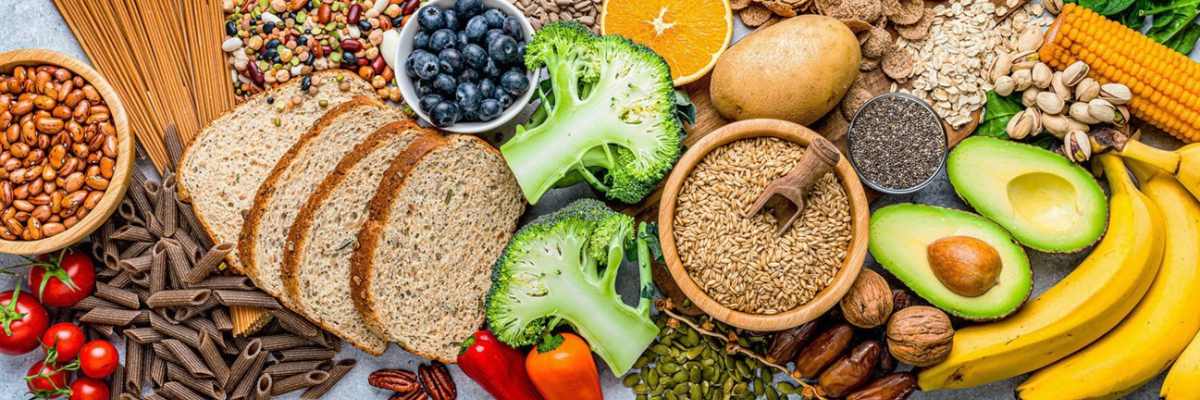Chewing for gut health
How many times do you chew each mouthful of food?
In order to maintain good gut health you should be aiming to chew around 32 times per mouthful. How are you doing on that front?
We know we should be chewing our food mindfully, but this is something few of us do well. Many of us simply wolf our food down. We eat at our desks, on the run, in the car, in front of the TV or whilst preparing meals for our children. Otherwise, we skip meals altogether, which can be problematic in itself for some.
Try to remember to chew, as it has such a huge impact on our digestive system. Digestion and absorbing nutrients from our food is highly complex and begins with being properly broken down in the mouth. Adapt your chewing according to what you are eating. A piece of steak may need more than 30 chews while yogurt only needs about half that.
When we think about food, prepare food, smell it and taste it, our body starts preparing our digestive juices to break down the meal. When you take your first bite, the food is analysed, which then stimulates the production and release of different digestive enzymes. This process is enhanced by chewing your food. You may be surprised to learn that most indigestion can be caused by not chewing your food adequately.
Carbohydrate digestion starts in the mouth. If you were to chew a mouthful of bread for long enough, it would digest in your mouth. This ‘pre-digestion’ takes place more completely the more you chew. As a result, your digestive system has less work to do.
Nutrients that we need for many bodily functions are found in the food we eat. Chewing our food breaks down our foods into smaller particles, which makes these nutrients more available for absorption. There are no teeth further down the digestive system, so if we aren’t chewing our foods well the repercussions are:
- Vitamins and other nutrients will be poorly absorbed.
- Digestive problems such as bloating, heartburn, nausea, wind, diarrhoea and/or cramping can occur.
- Other niggly symptoms such as headaches, irritability or even skin problems may arise.
What are the advantages of chewing?
- Chewing kick-starts your digestive process and alerts the organs that release enzymes to get ready for incoming food.
- You will get the full benefit of the nutrients in the food you are eating.
- You won’t overindulge in food because you will give your body time to recognise that you are full and you will feel satiated. You may even lose weight!
- Symptoms will be highly individual and can change over time.

Chewing is a free and easy way to get the full benefit of the food you eat. Your body will thank you and you will feel better for it. There is a quote by Horace Fletcher that sums it up. “Nature will castigate those who don’t masticate”. Even in the late 1800s, Fletcher strongly advocated that prolonged chewing would prevent overeating and improve dental health and gut health. Fletcher correctly surmised that, as a consequence of good chewing, you would eat less and save money! Many good reasons to chew. Happy chewing!
References:
Andrade, A.M. Greene, G.W. & Melanson, K.J. (2008). Eating Slowly Led to Decreases in Energy Intake within Meals in Healthy Women. Available from https://www.jandonline.org/article/S0002-8223(08)00518-X/fulltext
Christen A.G. & Christen J.A. (1997) Horace Fletcher (1849-1919): “The Great Masticator”. Available from https://pubmed.ncbi.nlm.nih.gov/9693596/#
Holford, P. (2017). Improve Your Digestion. Great Britain: Piatkus






